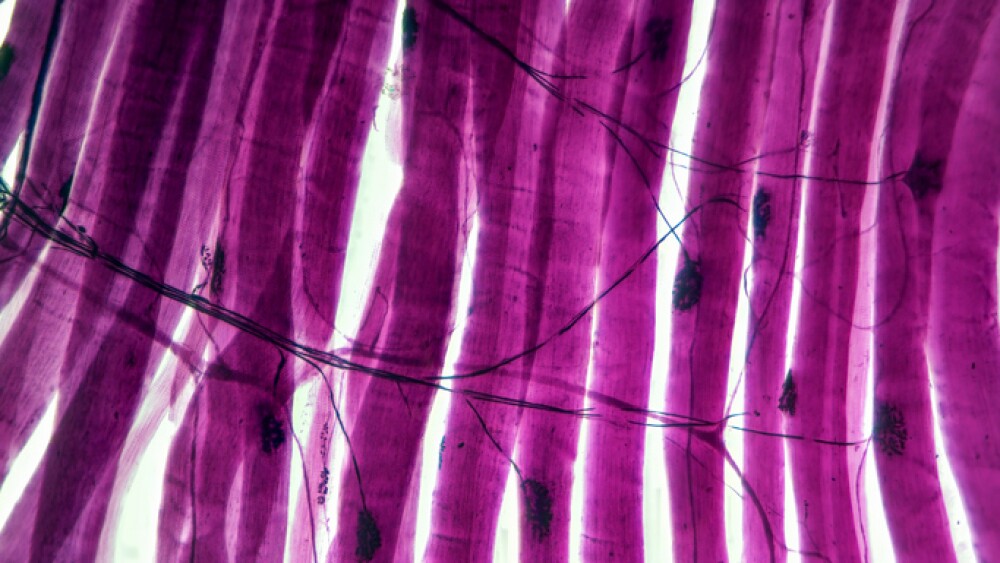Black Women Are More Likely Than White Women to Die of Breast Cancer
DALLAS--(BUSINESS WIRE)--Susan G. Komen®, the world’s leading breast cancer organization, today raised concerns over new data showing that Black women in the U.S. continue to die at disproportionately higher rates from breast cancer, underscoring the urgent need for change. Among Black women, breast cancer is the most commonly diagnosed cancer and is a leading cause of cancer death for Black women.


Data from the American Cancer Society highlights a critical crisis: Despite overall lower breast cancer incidence rates, Black women face a nearly 40% higher mortality rate compared to white women—a stark disparity driven not only by biology, but by systemic inequities in health care, quality of care and social determinants of health.
“Black women are dying at higher rates than white women because systemic failures affect them at every stage of their breast cancer care,” said Paula Schneider, president and CEO of Susan G. Komen. “However, solutions do exist to improve quality of care, remove barriers to access, reduce costs and address inequities and bias that drive disparities in outcomes. We must unite to create a health equity movement that saves lives."
Despite advancements in breast cancer detection and treatment, Black women are unable to access and afford the care they need. They are also less likely to receive imaging at facilities with the latest technology, and more likely to experience delays in follow-up care after a screening mammogram reveals and abnormality. A study found that Black women face treatment delays at every stage, from diagnosis to completion. These disparities are compounded by rising out-of-pocket costs for follow-up care, which have increased by 8% from 2018 to 2023, further limiting access to timely, life-saving treatment.
"True health equity means equal access to care for everyone, everywhere," said Molly Guthrie, Vice President of Policy and Advocacy at Susan G. Komen. "While we’ve made progress in breast cancer outcomes, the mission isn’t finished. We need critical policy changes to drive the reforms needed to save lives. One immediate opportunity is to address the financial barriers people face in receiving the breast imaging they require to complete the early detection and diagnosis process. We’ve seen legislation enacted in many states, but federal action is needed to ensure this barrier is removed for everyone across the country."
Komen is committed to advancing breast health equity through targeted initiatives, advocacy, research and direct support for Black women facing breast cancer. In addition to its advocacy work, Komen is tackling the issue on multiple fronts, including through its ShareForCures® initiative. In the U.S., fewer than 10% of adult cancer patients participate in clinical trials, and less than 10% of those are from historically marginalized racial and ethnic groups. ShareForCures® aims to accelerate research breakthroughs that will benefit all by connecting patients through a groundbreaking research registry.
Komen also launched Stand for H.E.R. – A Health Equity Revolution in 2021, designed to break down barriers and improve access to high-quality breast care for Black women across the U.S. through five key drivers of change: Education, patient support, workforce development, research and policy creation.
To learn more about Komen’s efforts to close the racial gap in breast cancer outcomes, visit https://www.komen.org/about-komen/our-impact/breast-cancer/health-equities-initiative/
About Susan G. Komen®
Susan G. Komen® is the world’s leading nonprofit breast cancer organization, working to save lives and end breast cancer forever. Komen has an unmatched, comprehensive 360-degree approach to fighting this disease across all fronts and supporting millions of people in the U.S. and in countries worldwide. We advocate for patients, drive research breakthroughs, improve access to high-quality care, offer direct patient support and empower people with trustworthy information. Founded by Nancy G. Brinker, who promised her sister, Susan G. Komen, that she would end the disease that claimed Suzy’s life, Komen remains committed to supporting those affected by breast cancer today, while tirelessly searching for tomorrow’s cures. Visit komen.org or call 1-877 GO KOMEN. Connect with us on social at www.komen.org/contact-us/follow-us/.
Contacts
Amanda DeBard
Susan G. Komen
(972) 701-2131
adebard@komen.org




